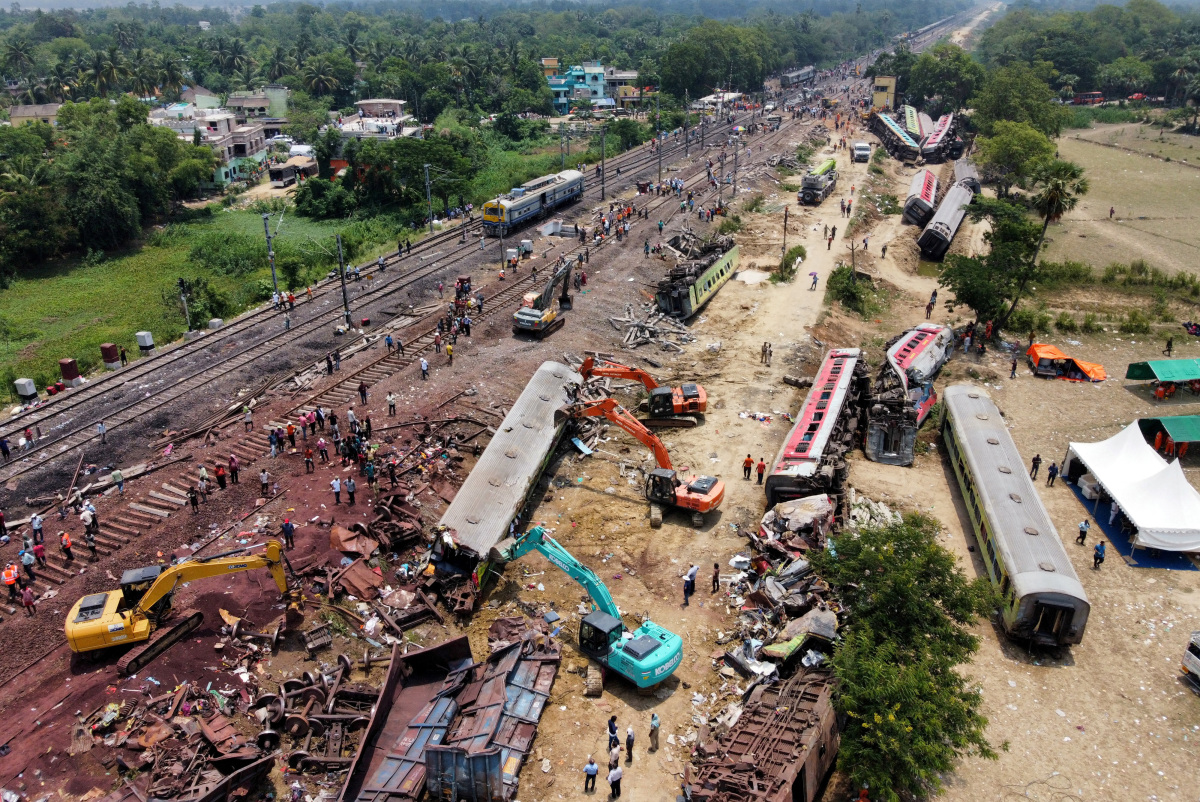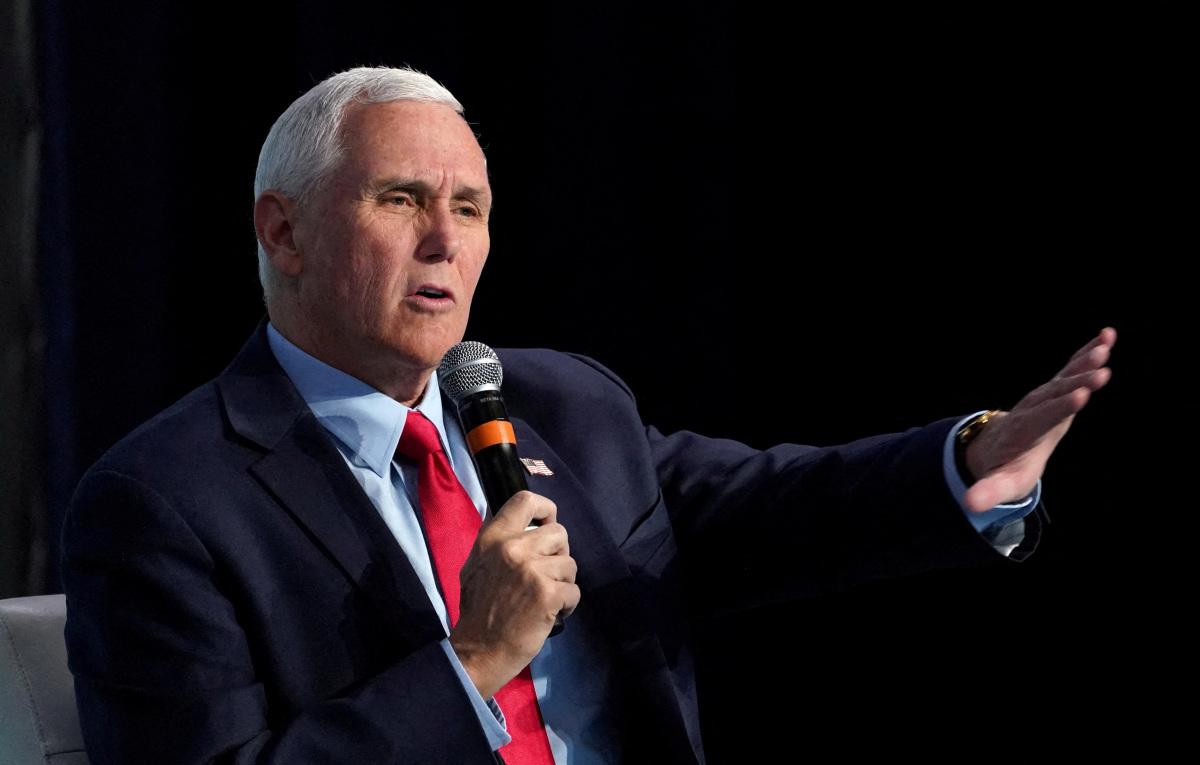Reuters
Few trains stop at Bahanaga Bazar, the sleepy, small rural station in the Balasore district of Odisha state where India’s deadliest train accident in more than two decades happened.
Three rooms, topped by a corrugated metal roof, and three platforms make up the station, which serves 14 trains daily, more than half of them to destinations within the state. Less than 10 railway personnel work there.
On any given day, passengers, mostly labourers from the 25 villages nearby, wait under a blue and yellow striped metal awning for the trains that carry them to work in bigger cities such as state capital Bhubaneswar and Balasore.
But, five days after the disaster, police investigators and journalists were still swarming the station, scouring the area and the mangled train coaches for any clues as to what caused the three-train collision that killed at least 288 people.
“We never imagined we would witness a tragedy of such magnitude in our life time,” Jasoda Nayak, a Bahanaga village council member, told Reuters.
The village, with a population of around a few hundred, is the nearest to the station, where a passenger train collided with a stationary freight train and then jumped the tracks to hit another passenger train moving in the opposite direction.
Railway police say initial investigations into the June 2 crash point to signal failure. More than 1,200 people were injured.
Several railway officials at Bahanaga Bazar declined to speak to Reuters about the accident as it was now the subject of a police investigation.
One of the railway workers, however, said he was devastated. “I have not slept or eaten properly in three days and nights,” he said, declining to be named as he was not authorised to speak to the media.
While Balasore district is known for housing India’s missile testing facility, most villagers in the area, which is less than 20 km (12 miles) from the Bay of Bengal coast, are farmers, fisherman or labourers.
Police officials and rescue workers have lauded the help and support the villagers provided after the accident. Bhagwat Prasad Ratho, 80, who lives near the tracks, said he and his family pulled out many survivors, as well as many dead.
“I have been living here all my life and I have never seen such a tragedy,” said Bahanaga resident Mahesh Kumar Gupta, who runs a convenience store.






